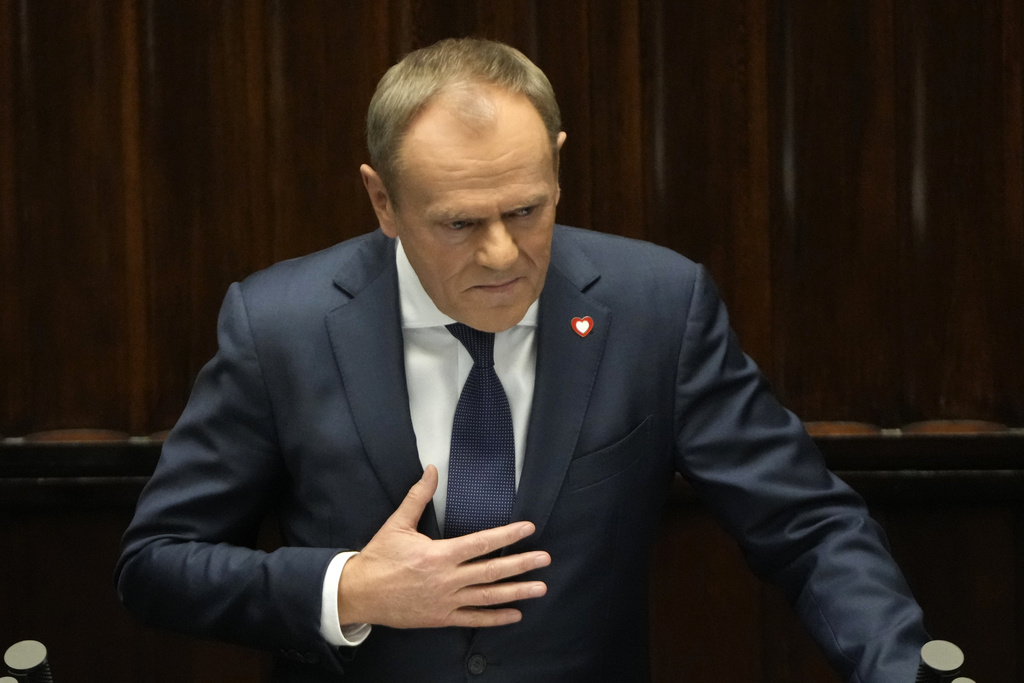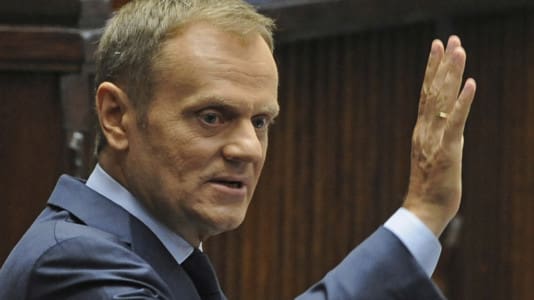In the new Polish prime minister’s “acceptance” speech in parliament, one thing stands out: It was extremely dishonest, and at times, utterly deceitful.
The lies began from the first moment, with Donald Tusk’s abundance of falsehoods about the Law and Justice (PiS) government, describing it as an “evil that has spread in Poland.” The lies seemed most pronounced when Tusk warmly spoke about Saint John Paul II, whom he claimed to have “the best memories” of. This statement contrasts sharply with the efforts of his own media supporters to tarnish the pope’s memory.
Tusk’s speech walked a fine line. He loudly declared his love for his homeland, saying, “I love my homeland unforgettably,” and added, “No one will outplay me in the European Union”. The audience’s reactions varied between attentive listening and bursts of laughter. However, even in politics, there are limits to audacity.
Tusk referred to Oct. 15, the election day, as a historic moment, comparable to June 4, 1989. He described it as the “beginning of the rebirth of the spirit of authentic ‘solidarity’ and respect for community rights.” He emphasized the desire to be a community with “republican foundations, frameworks,” where “everyone is worthy of respect.” He also spoke of “cleaning the Augean stables,” insisting on the necessity of this for progress. Despite his words, there were no concrete gestures toward the defeated, just a known mix of words about love and targeted jibes.
Tusk also engaged in blatant manipulations. For example, he exaggerated the “visa affair”, claiming hundreds of thousands of people entered Poland due to it when it actually involved only about 200 expedited visas uncovered by the PiS government. He criticized the Central Communication Port (CPK) project and forestry economics, accusing the previous government of partisan privatization of state forests, despite the fact that forest management plans were established during his party’s tenure.
In conclusion, Tusk emphasized that a divided nation has no chance, stating: “Strength lies in unity – this is today’s first political commandment.” This comes from someone who notably thanked opposition strike groups, who worked hard to disrupt any signs of unity and normality during the PiS government’s rule.
His presentation was more of a political rally than an exposé, filled with cliches, a superficial diagnosis, and a lack of deeper concepts. It seems certain that the political climate will continue as it was from 2007 to 2015, but with even greater intensity.






